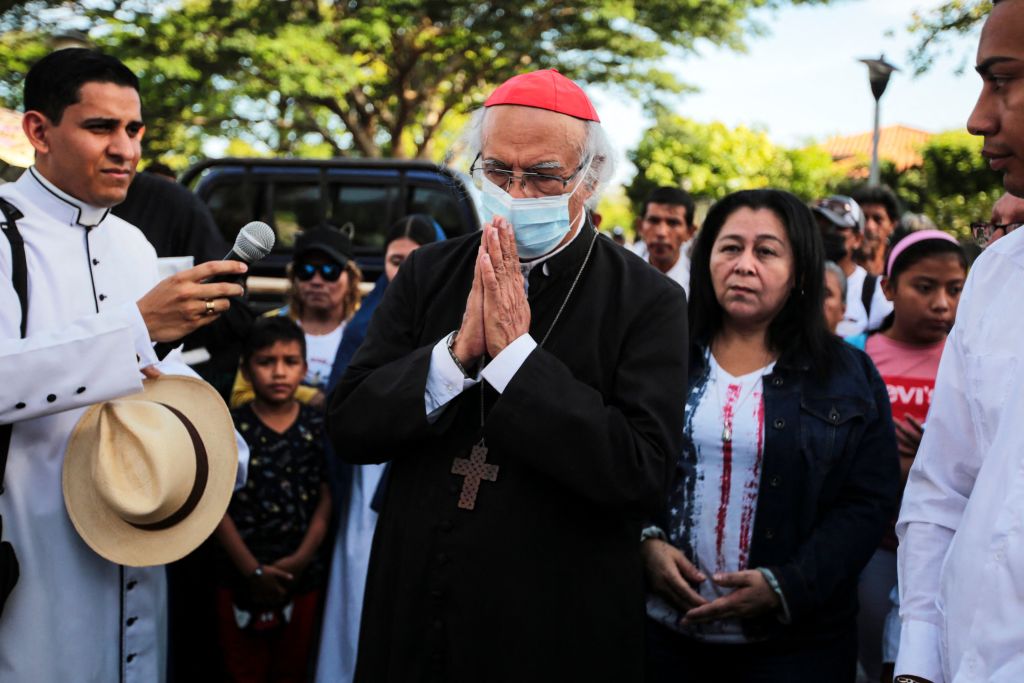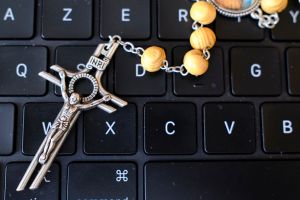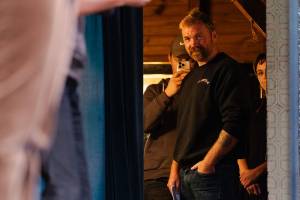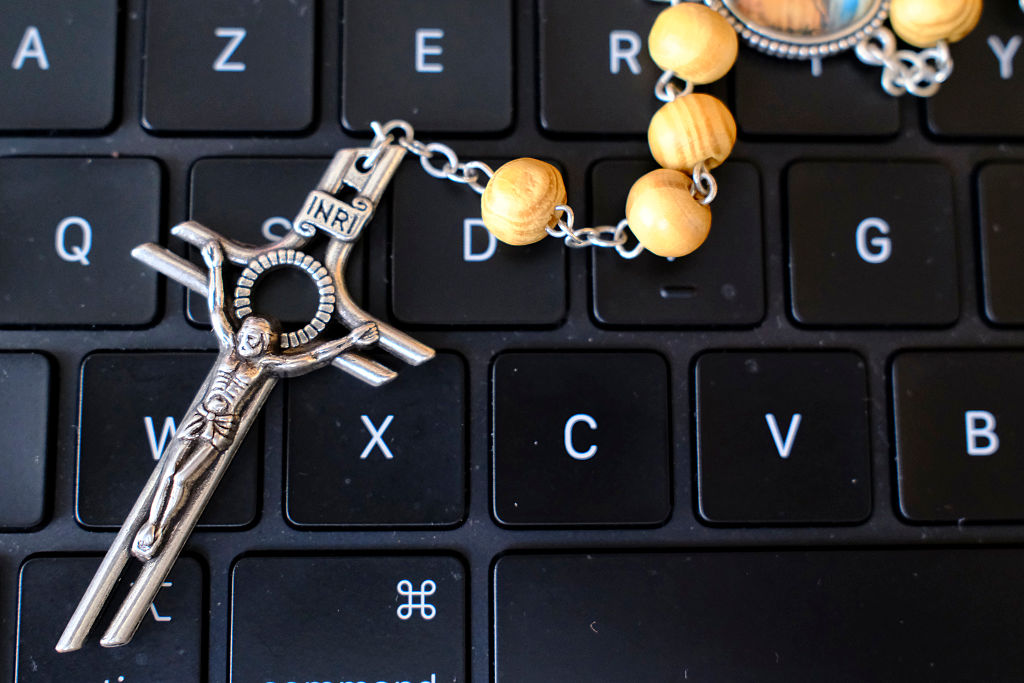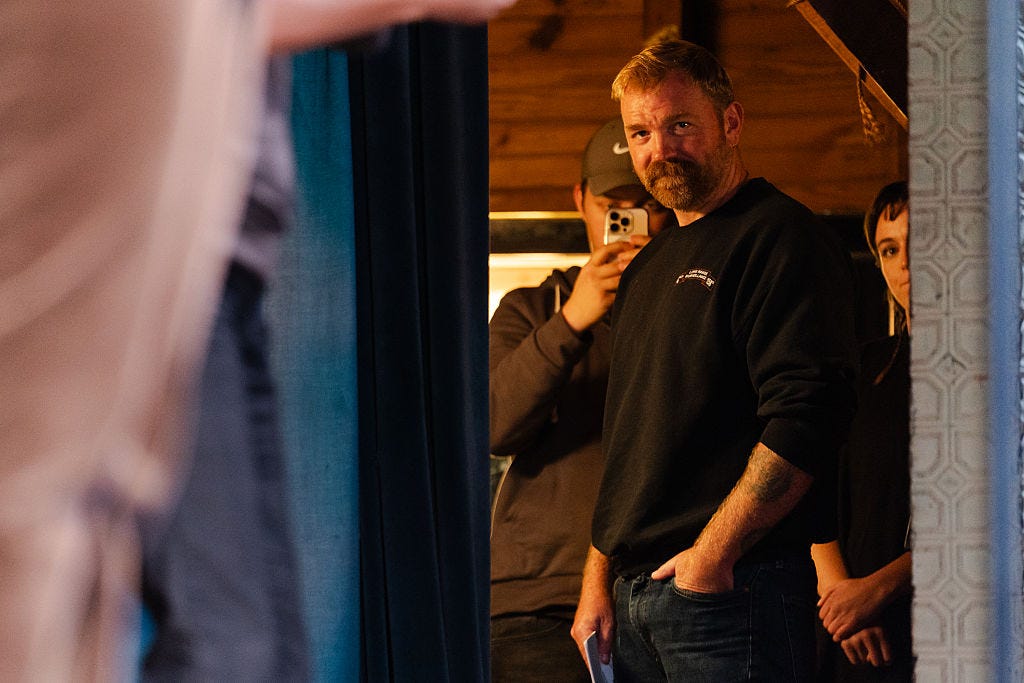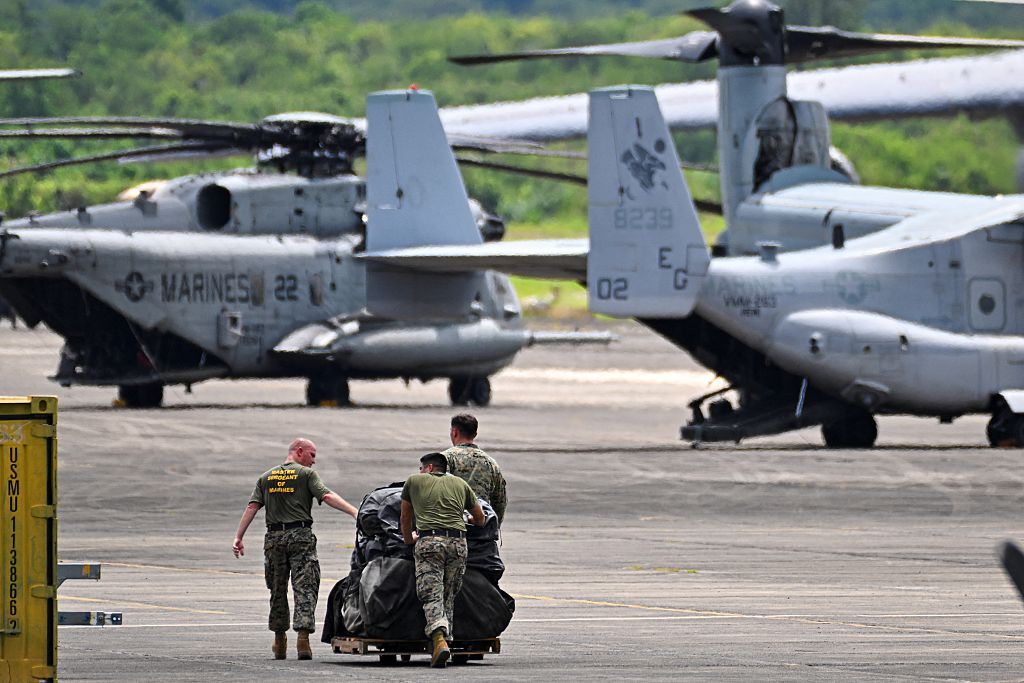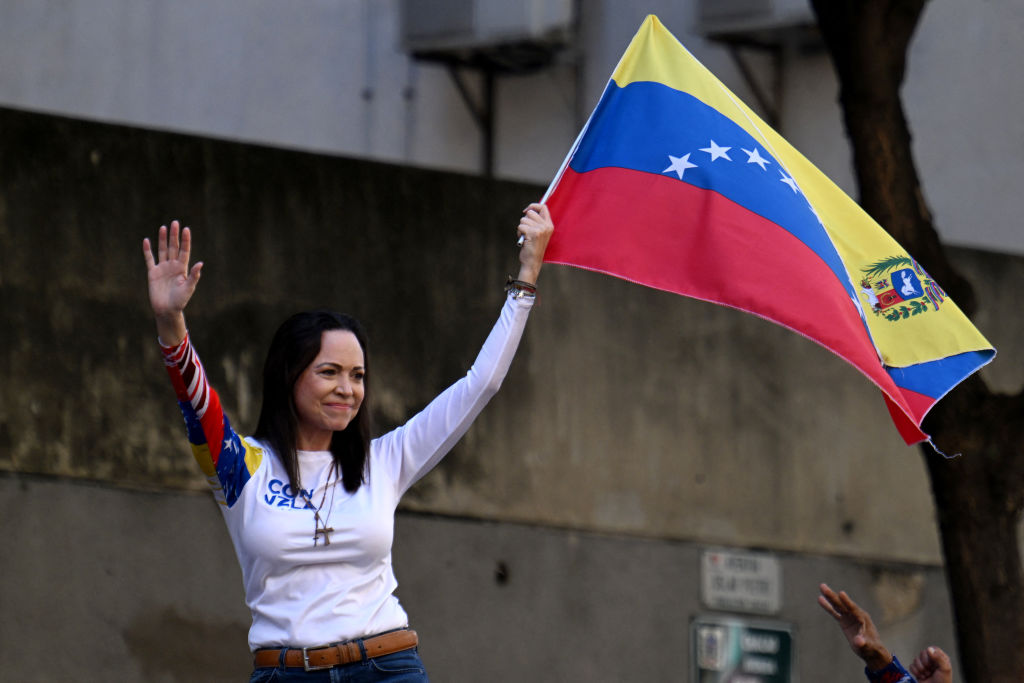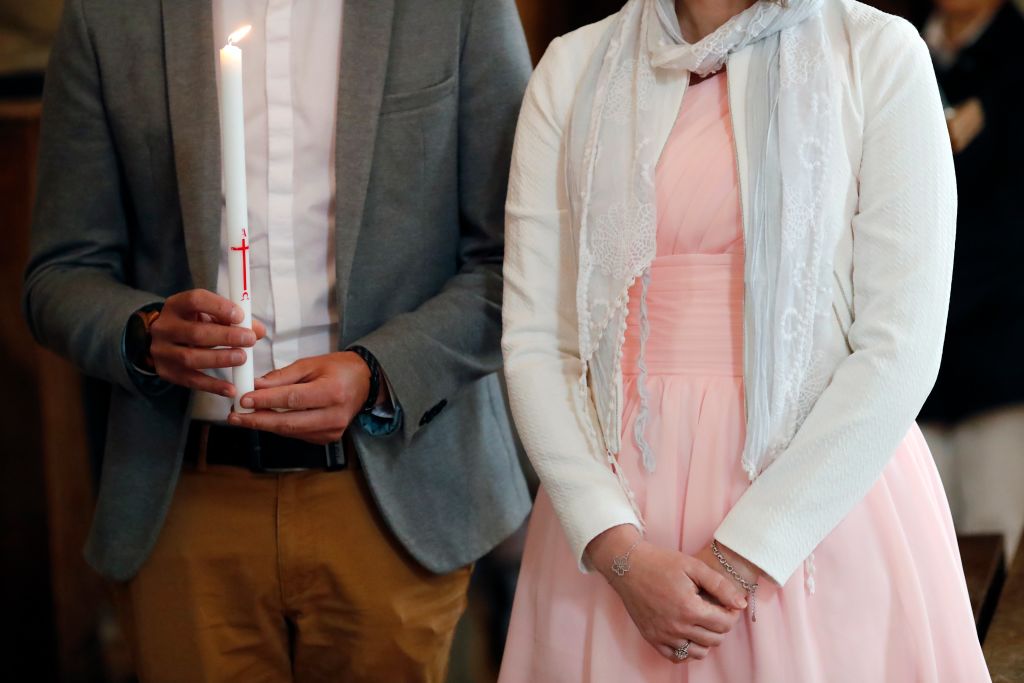From Stalin’s Russia to Castro’s Cuba, socialism and religious persecution have nearly always gone hand in hand. Nicaragua’s Daniel Ortega, a seventy-seven-year-old former Sandinista terrorist turned twenty-first-century dictator, is no exception to that rule.
The Havana Times reported last week that at least twenty Nicaraguans were kidnapped by Ortega’s dictatorship during the first ten days of April, most during Holy Week, a period in which the regime prohibited processions and religious celebrations in the streets. “In 2023, the policy of terror imposed by the Ortega government has mostly focused on the Catholic Church, and proof of this is that most of those imprisoned have some relation with the religious institution,” the report notes.
According to the US Commission on International Religious Freedom, Ortega began waging a campaign of persecution against the Roman Catholic Church back in 2018. The report notes that “government forces and citizens sympathetic to the regime have routinely harassed Catholic clergy and worshippers,” adding that the regime has also shut down numerous Catholic-affiliated organizations ranging from charities and NGOs to universities and media companies.
The regime’s principal objection to the Catholic Church is that so many of its leaders have spoken out against it. Last December, Ortega described the Church as a “perfect dictatorship” for not allowing members to elect the pope, while also likening bishops to “killers and coup plotters” working on behalf of the United States. “If they are going to be democratic, let them start with Catholics voting for the pope, for cardinals, for bishops,” he said in a televised speech last September. “I would say to His holiness the pope, respectfully, to the Catholic authorities, I am Catholic. As a Christian, I don’t feel represented.”
Whether fabricated or not, Ortega’s claims to Catholicism have succeeded in blurring the lines of his crackdown. As part of a previous rapprochement with the Church, he remarried his wife (and now vice president) Rosario Murillo in 2005 in a ceremony officiated by the late Nicaraguan prelate Miguel Obando y Bravo. Of course, many political leaders lie about their faith for personal gain. Yet unlike Joe Biden, whose policies as president regularly contradict the central tenets of his religious faith, Ortega’s supposed Catholicism has led to the enforcement of some of the most socially conservative policies in the entire region.
The right (or lack thereof) to an abortion remains a critical issue in Catholic theology and no country on earth boasts more stringent restrictions than Nicaragua. Abortion is prohibited under all circumstances, even when a pregnancy is life-threatening or results from rape or incest. This is a significant contrast to other socialist regimes, where abortion is regularly used as a method of contraception. Same-sex unions and marriages are not recognized in Nicaragua and LGBTQ activists often face political persecution.
The campaign of persecution raises questions about the compatibility of socialism with freedom of religion. Another socialist dictator who has professed his religious belief is Venezuela’s Nicolás Maduro, who has repeatedly spoken of how Jesus Christ would have shared his left-wing values. “Christ is a Chavista,” his government once declared. Yet despite professing to be a man of faith, the Maduro regime has similarly cracked down on the Church, with government-backed gangs regularly disrupting the services of bishops deemed insufficiently loyal to the regime.
Despite what Marxists might say, religion and communism are and always will be wholly incompatible. The late author and famed atheist Christopher Hitchens once described North Korea as the most religious place on earth, likening the Kim dynasty’s personality cult to a “celestial dictatorship.” Like Vladimir Putin’s embrace of the Russian Orthodox Church, Ortega’s support for the Church is more likely a cynical ploy to shore up political support in a deeply religious country. Because when it comes to socialism, the only religion that matters is the state itself.



